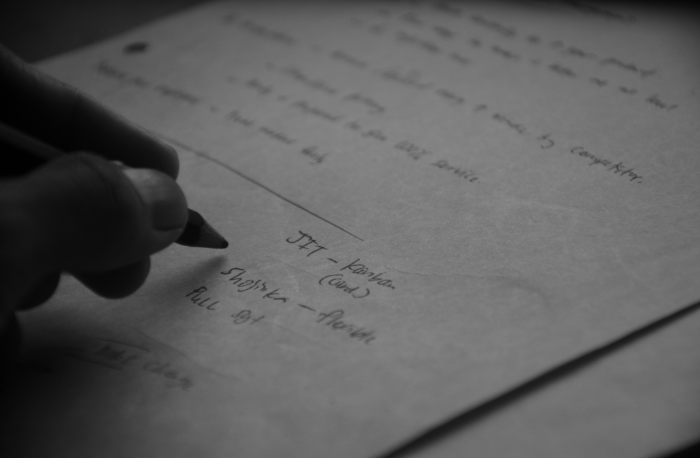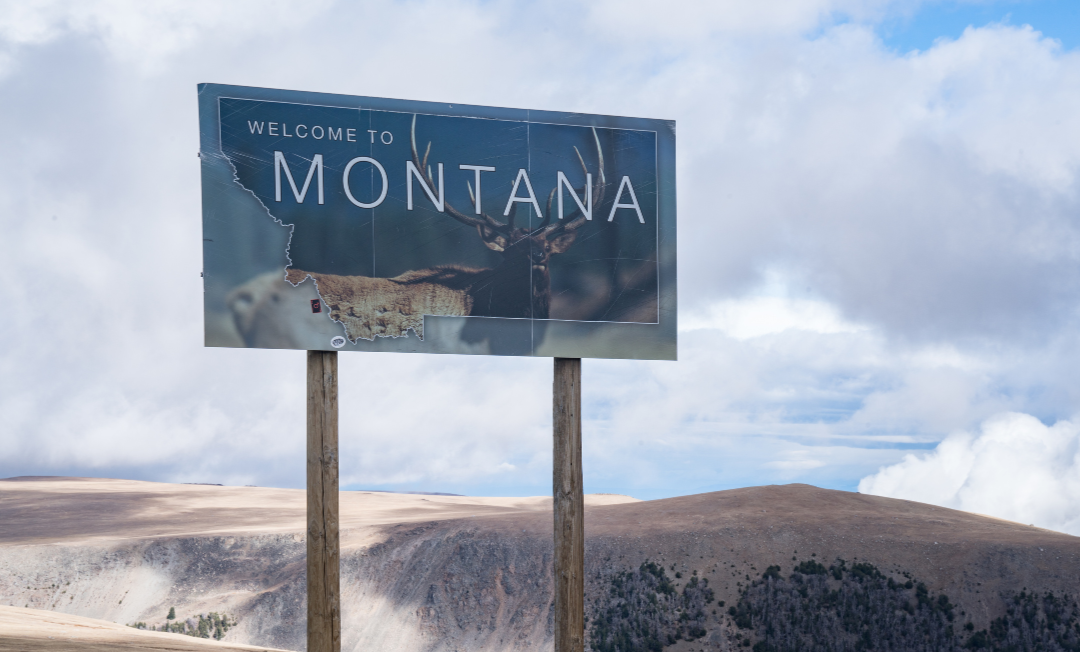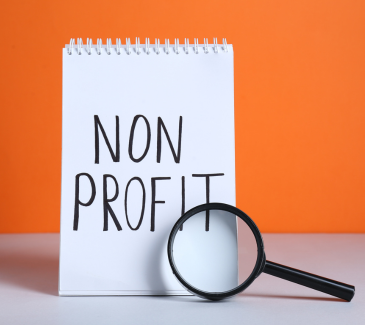F. Scott Fitzgerald, one of America’s most iconic writers, is remembered for works like The Great Gatsby and Tender Is the Night. But beyond his novels, Fitzgerald left us with a curious statement that has lived on for decades:
“There are no second acts in American lives.”
On the surface, the quote sounds cynical—almost a death sentence for reinvention. But as with many of Fitzgerald’s observations, context matters.
The Backstory
Fitzgerald wrote the line in his notebooks during the late 1930s, a period when his own life was in decline. Once the darling of the Jazz Age, he was now financially struggling, his health was failing, and his wife Zelda battled mental illness. Hollywood hired him as a screenwriter, but he never found great success there.
When Fitzgerald lamented “no second acts,” he was reflecting on the brutal pace of American culture—how it discards people once they fall from the spotlight. To him, America was a land of meteoric rises and steep declines, with little room for redemption.
Ironically, Fitzgerald himself was wrong about his own legacy. Although he died in 1940 at the age of 44, his novels, especially The Great Gatsby, experienced a revival in the 1950s and have since become cornerstones of American literature. In a sense, Fitzgerald’s own second act began after his death.
Modern Significance
Now in the twenty-first century, the United States is full to the brim with sequels and even third acts. Midlife career changes are common, entrepreneurs often recover quickly from setbacks, and popular celebrities are known to undergo multiple rounds of self-reinvention.
Changes in job path: People often embark on new endeavors after a long tenure, sometimes in entirely unrelated industries.
The belief that one may constantly improve oneself is fundamental to the wellness, education, and self-development sectors.
Brands, artists, and athletes all make triumphant returns to popular culture in ways that Fitzgerald never would have predicted.
These days, innovation is nearly celebrated in American culture. Resilience and redemption stories are just as inspiring as happy endings.
What It Means for Us
Fitzgerald’s quote remains relevant not as a prophecy, but as a challenge. Are we letting ourselves believe our first chapter defines us? Or are we brave enough to claim a second act, no matter how unexpected?
Your “second act” might not be about fame or fortune. It could be:
- Returning to school at 50.
- Launching a business after retirement.
- Finding creativity after years in a structured career.
- Healing from loss or failure and stepping into a new purpose.
Fitzgerald’s despair shouldn’t be the final word. If anything, his life reminds us that the opportunity for reinvention is real—if we are willing to seize it.
“What might your second act look like? And what’s stopping you from starting it today?”





































































